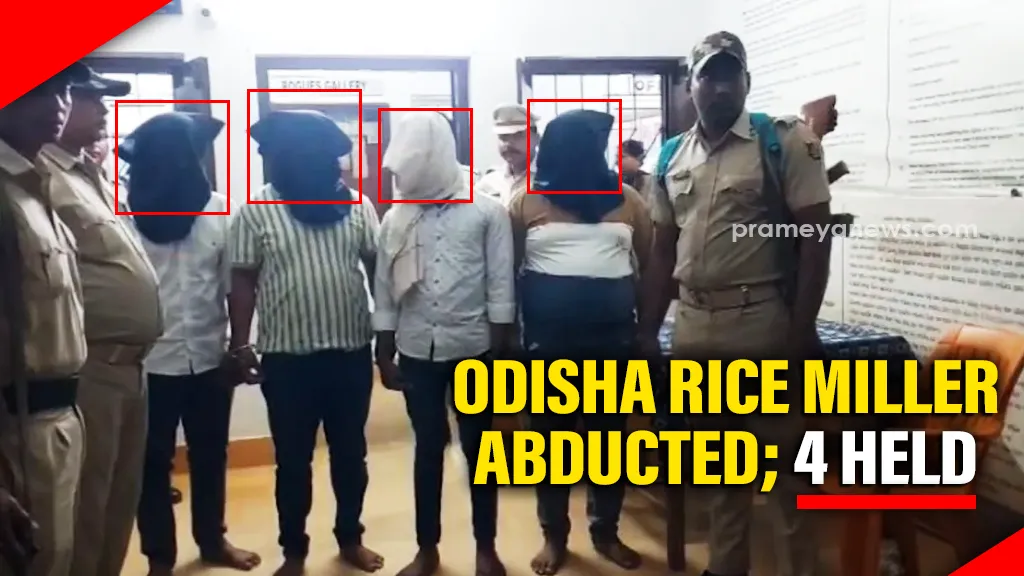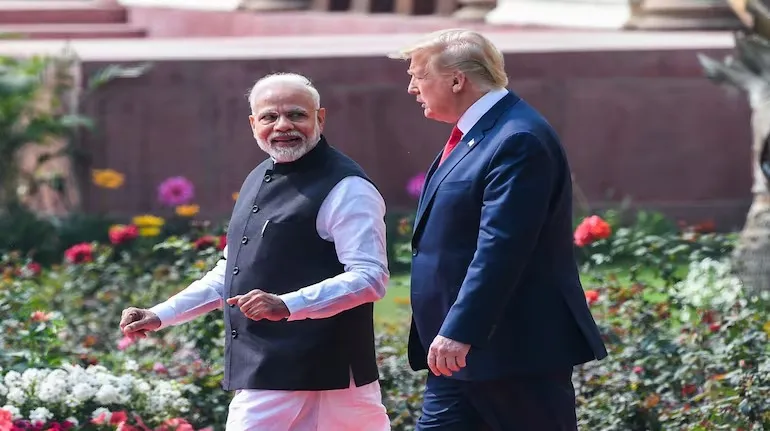

A Birthday Call and a Potential Thaw After Months of US-India Tensions
In a significant diplomatic development, a warm birthday phone call from US President Donald Trump to Prime Minister Narendra Modi has broken a months-long chill between the two leaders, signaling a potential thaw in a relationship that had become increasingly frosty. The conversation, their first since a contentious call in June, was followed by a series of remarkably conciliatory public statements from both sides, suggesting a concerted effort to reset ties that had been severely strained by punitive tariffs and a barrage of harsh US criticism over India's purchase of Russian oil.
A Relationship on Ice
The period preceding the birthday call was marked by a deliberate and noticeable distance from New Delhi. Prime Minister Modi had reportedly been giving his US counterpart the "cold shoulder," turning down a dinner invitation and canceling a high-profile visit to New York to address the UN General Assembly. This diplomatic freeze was the direct result of a series of escalating provocations from Washington that had tested India's patience.
The downward slide began after a "testy" phone call in June, during which Trump reportedly pressed his unsubstantiated claims of having personally brokered a ceasefire between India and Pakistan, a narrative India has staunchly denied. The situation deteriorated further as the Trump administration launched a relentless public campaign against India for its continued energy trade with Russia. Trump himself slapped hefty 50 percent tariffs on Indian goods and accused New Delhi of fueling the "Russian war machine," while his senior officials labeled India a "bad actor" and the Kremlin's "laundromat."
The Charm Offensive and a Surprising U-Turn
The turning point appears to have been the recent SCO summit in Tianjin, where Prime Minister Modi's visible camaraderie with Russian President Vladimir Putin and Chinese President Xi Jinping seemingly triggered a rapid strategic reassessment in Washington. Stunned by the optics of India drifting closer to America's chief adversaries, Trump's administration executed a swift change in tone. The birthday call was the centerpiece of this new charm offensive.
Following the conversation, both leaders took to social media to trumpet their friendship and shared goals. Trump praised Modi for "doing a tremendous job" and, in a surprising U-turn from his previous rhetoric, thanked him for his "support on ending the War between Russia and Ukraine." Prime Minister Modi reciprocated the warm sentiment, expressing his commitment to taking the "India-US Comprehensive and Global Partnership to new heights."
Is a Genuine Thaw on the Horizon?
This exchange of pleasantries has been backed by tangible signs of de-escalation. A US trade team recently visited New Delhi for the first in-person talks since the latest round of tariffs were imposed, with both sides describing the discussions as "positive." This has raised hopes that stalled negotiations on a crucial bilateral trade agreement may soon be back on track. President Trump has publicly announced that the two nations are continuing these negotiations and that he feels "certain that there will be no difficulty in coming to a successful conclusion." While Washington has blinked on trade, the critical question remains whether this conciliatory mood also signals a retreat on the contentious issue of Russian oil. The coming weeks will reveal whether this birthday call was merely a momentary truce or the beginning of a genuine and lasting thaw in a vital global partnership.